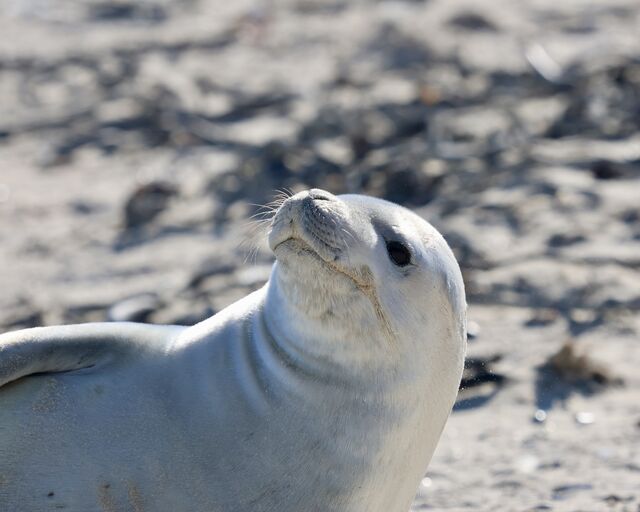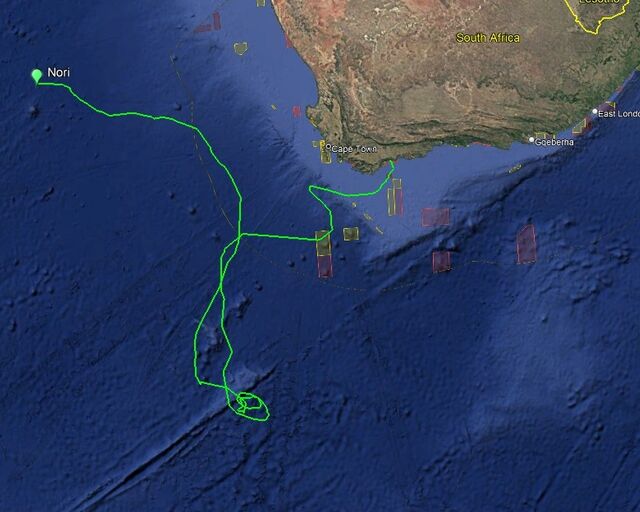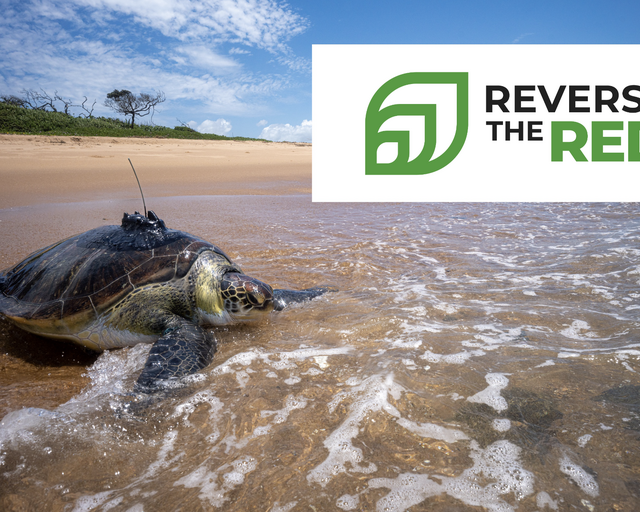Why are African penguins going extinct?
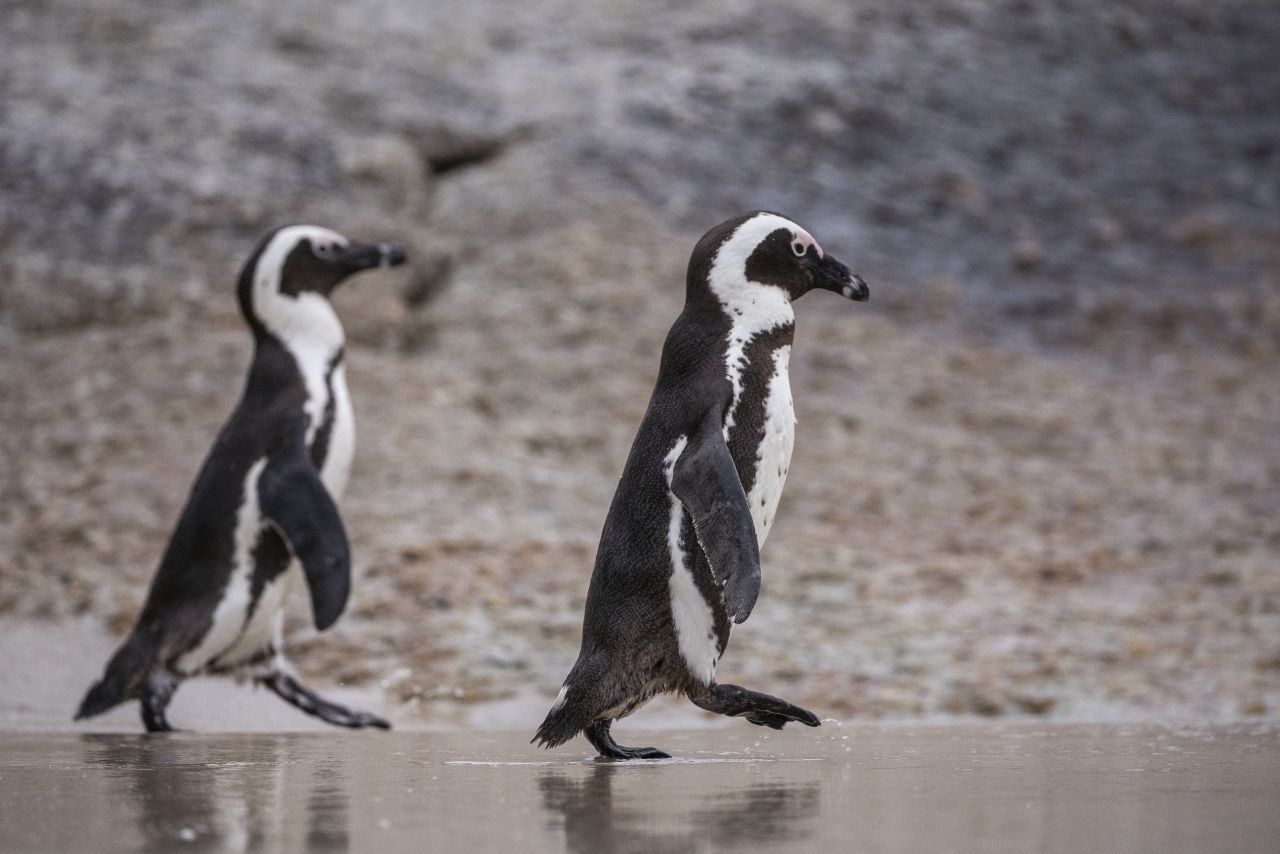
If you’ve visited the Two Oceans Aquarium before, you’re no stranger to the quirky and charismatic African penguin.
The African penguin is one of South Africa’s most iconic species, a beacon of Cape Town tourism, and a very special part of its unique ecosystem. Unfortunately, the African penguin population is under huge threat of extinction.
The #NotOnOurWatch campaign raises awareness about the need for urgent action to reverse the decline of the African penguin population in the wild.
First, a bit of background:
African penguins were classified as Endangered on the Red List by the International Union for Conservation of Nature (IUCN) in 2013, but they’ve been under threat for much longer.
In the early 1900s, 1.5 to 3 million individual African penguins lived across the species’ range along the Namibian and South African coasts. It is estimated that there were close to 1 million pairs on the West Coast’s Dassen Island alone. However, by the mid-1950s, only 10% of these numbers were left due to egg harvesting and guano removal. Since 1979, when the first count of the major South African colonies was conducted, the breeding population has declined from approximately 55 200 pairs to a mere 10 000 breeding pairs in South Africa and 4 000 in Namibia.
The current African penguin population is at the lowest numbers ever recorded. With so few individual birds in the wild, the population will be functionally extinct by 2035. This means that the population will be so small that it will no longer be able to breed enough to increase numbers again.
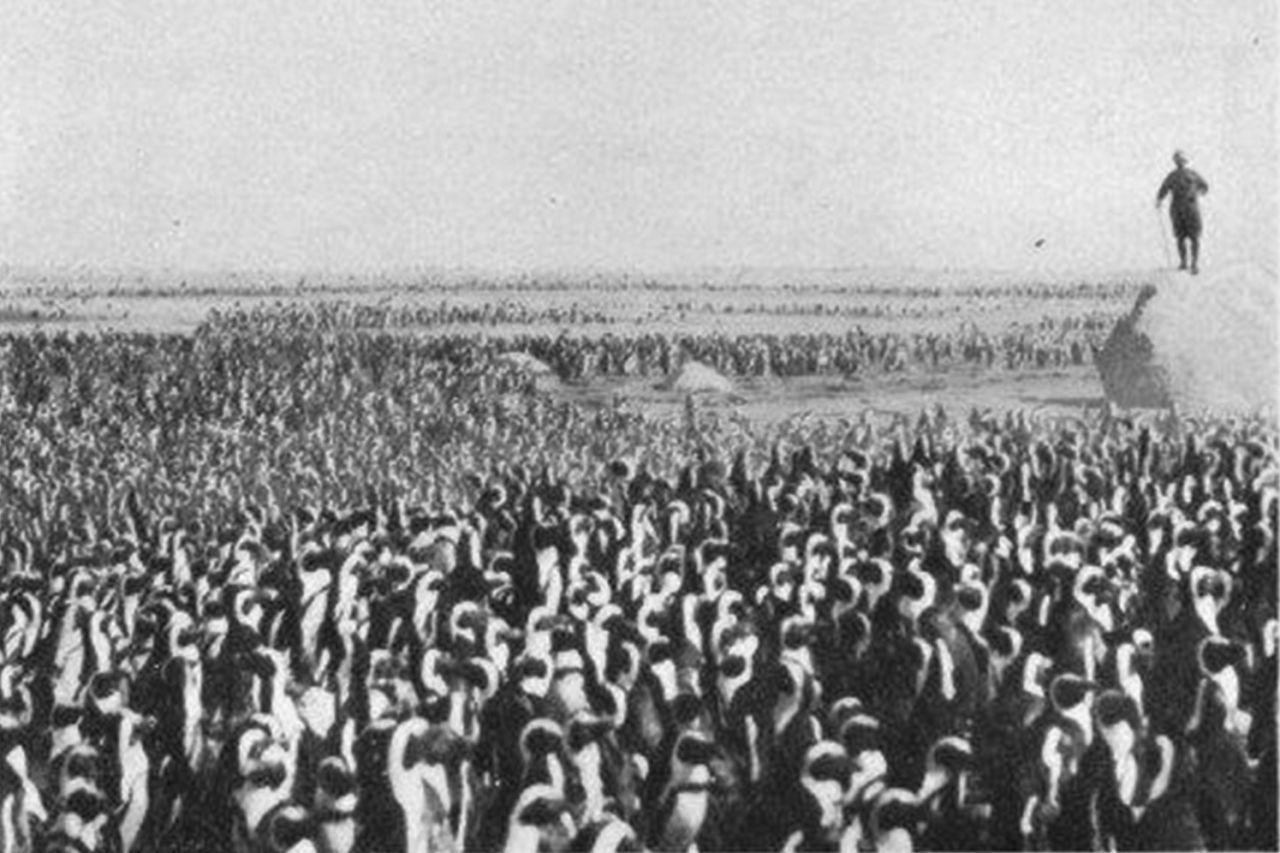
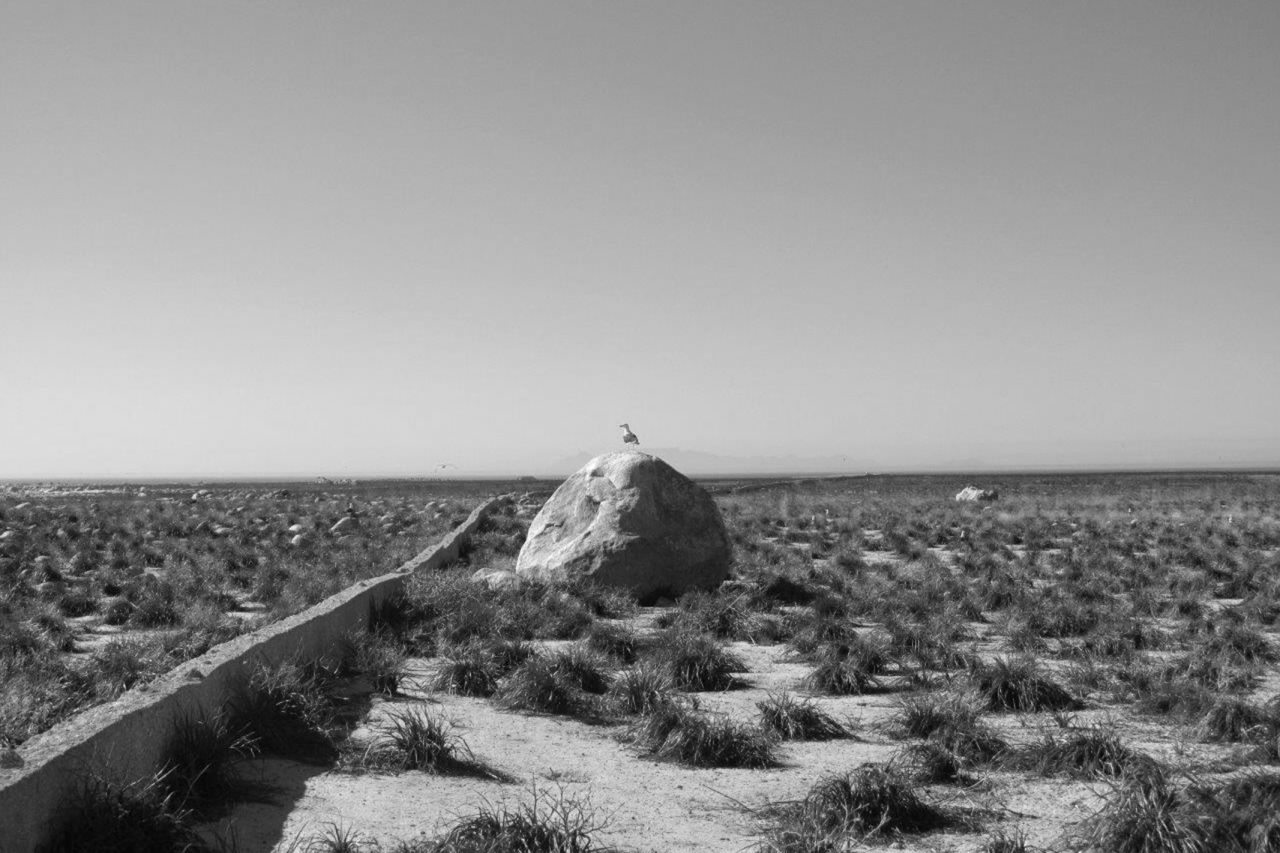
So, why is the African penguin under threat?
Egg harvesting and guano collection:
On the islands where thousands of penguins used to nest, guano layers (formed over hundreds of years) were the island’s substrate. African penguins nest by burrowing into this material. Historically, humans used the guano as fertiliser and completely stripped penguin nesting areas by collecting tonnes of guano from these islands. As a result, African penguins were exposed to extreme weather events and other climate change-related phenomena, like severe heat and cold.
Food shortages:
These are caused by shifts in the distributions of their prey species, namely declining small pelagic fish stocks (such as anchovies and sardines) and direct competition with a commercial purse-seine fishery for food.
Harbours and ship traffic:
A growing threat is the expansion of harbours and increased ship traffic, as many African penguin colonies occur in areas that are near existing or planned shipping routes or ports. Another emerging threat for the African penguin is ship-to-ship bunkering, which has started in Algoa Bay and is planned to expand to the West Coast. A large oil spill, such as the four in Algoa Bay since 2016, in the proximity of a breeding colony, could destroy much of the remaining population.
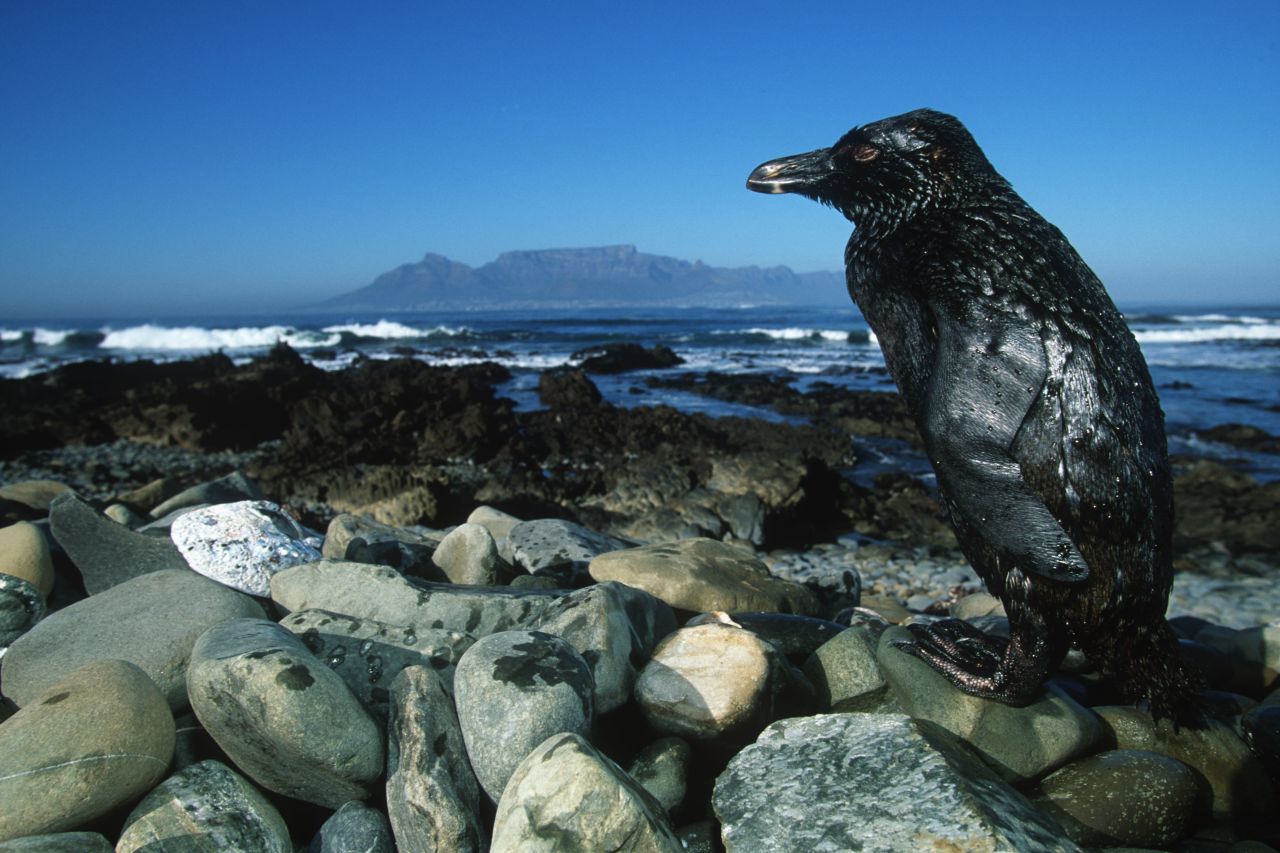
Marine noise pollution:
This is another emerging threat to African penguins, with evidence suggesting the scale of this impact could be significant. The maritime industry, including exploration for oil and gas reserves using seismic surveys, is a further looming threat.
Habitat loss:
Although guano harvesting is no longer allowed, a lack of nesting habitat is a concern. This results from urban spread and is affected by other threats. This is being addressed through revegetation efforts at some colonies, and the deployment of artificial nests is being tested at several colonies.
Other threats:
These include disease outbreaks, extreme weather events, localised predation, and human disturbance at breeding colonies. All these threats require carefully implemented management plans for each penguin colony.
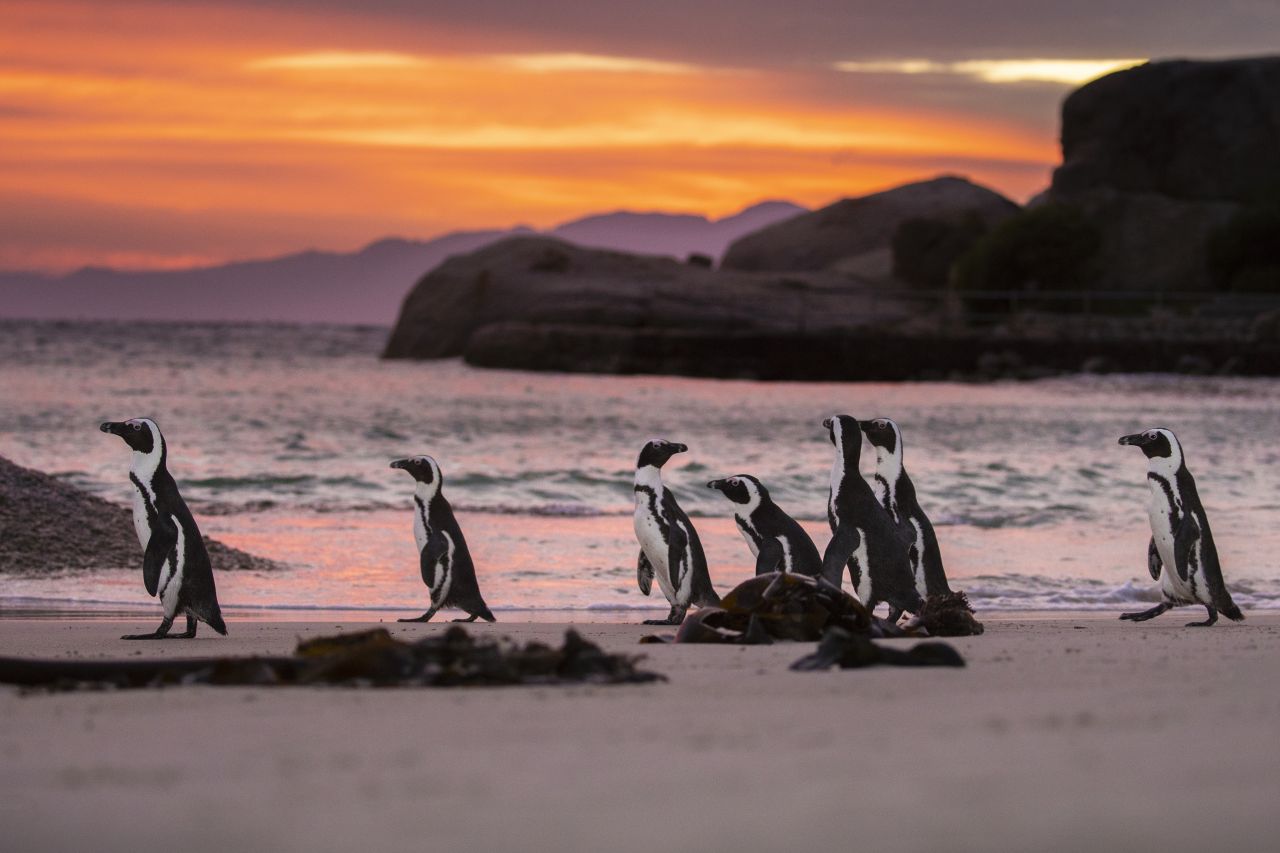
If you want to make a difference for the African penguin, join our Waterfront Waddle on 14 October 2023!
Related News
Sign up to our Newsletter
Receive monthly news, online courses and conservation programmes.
